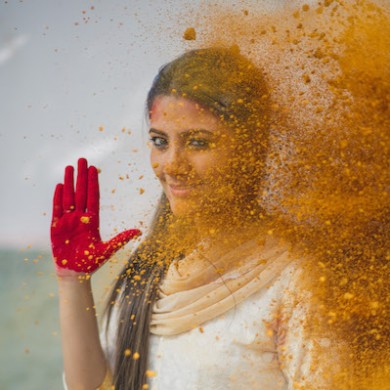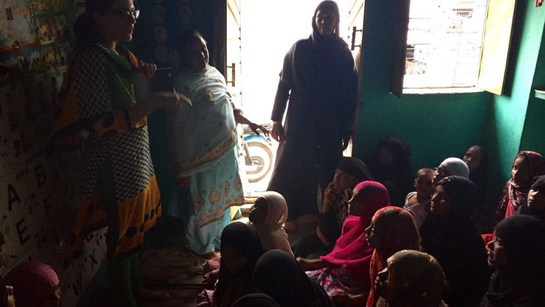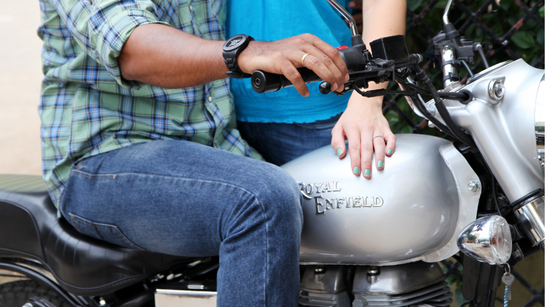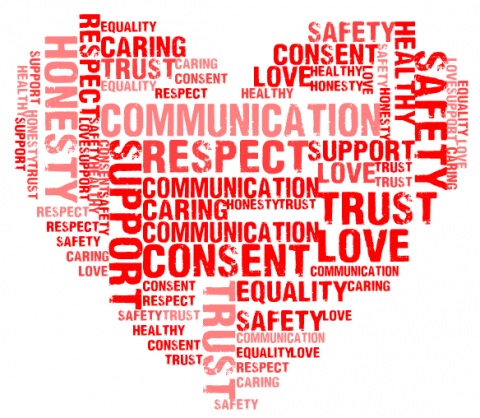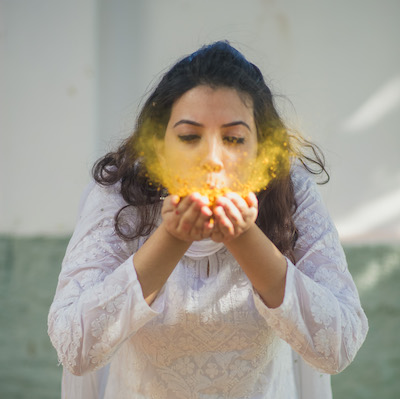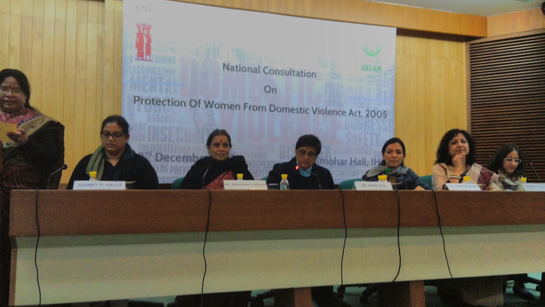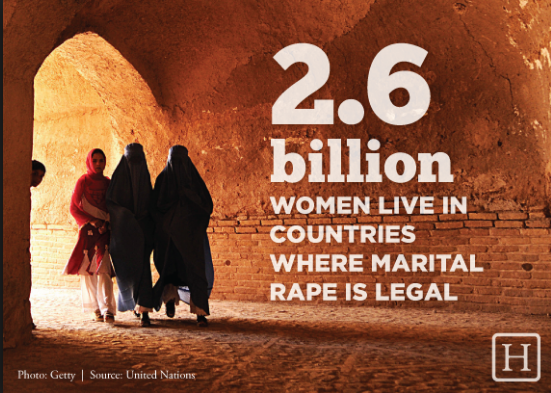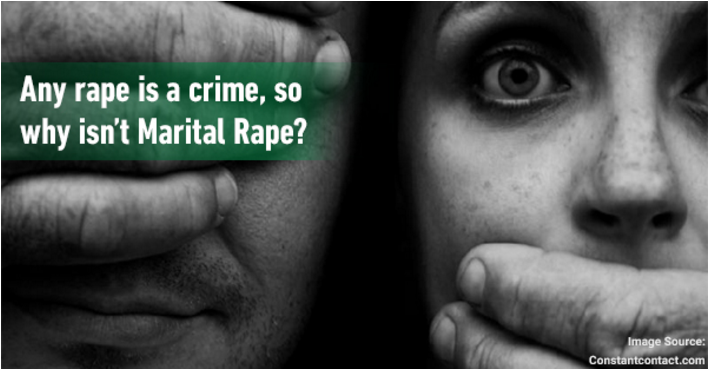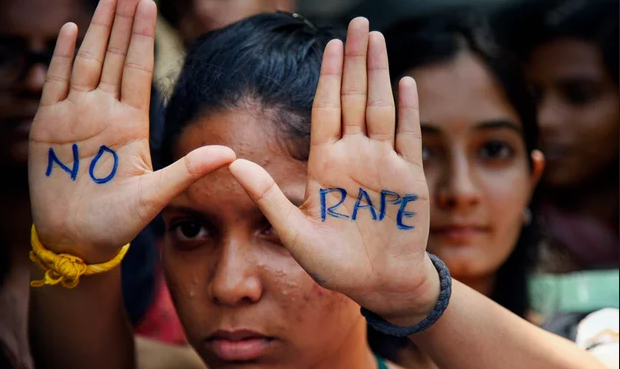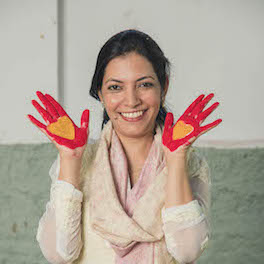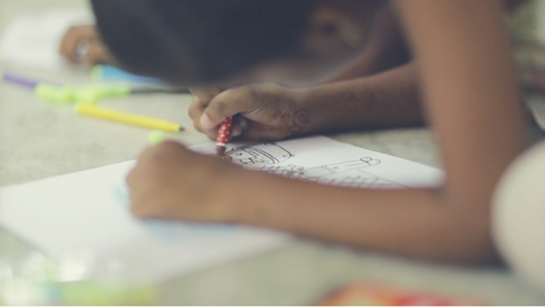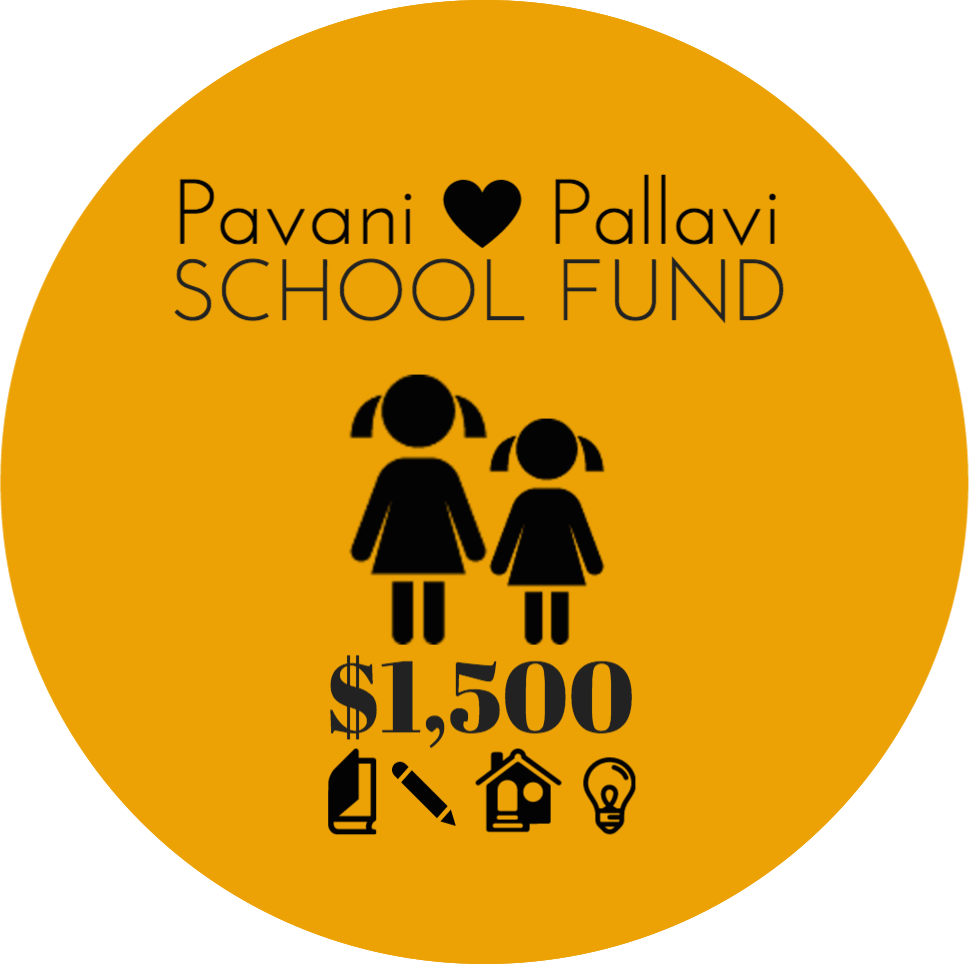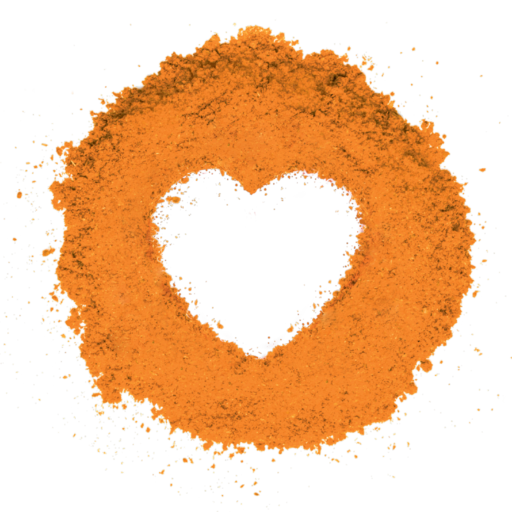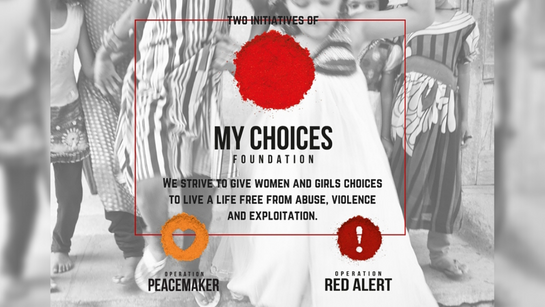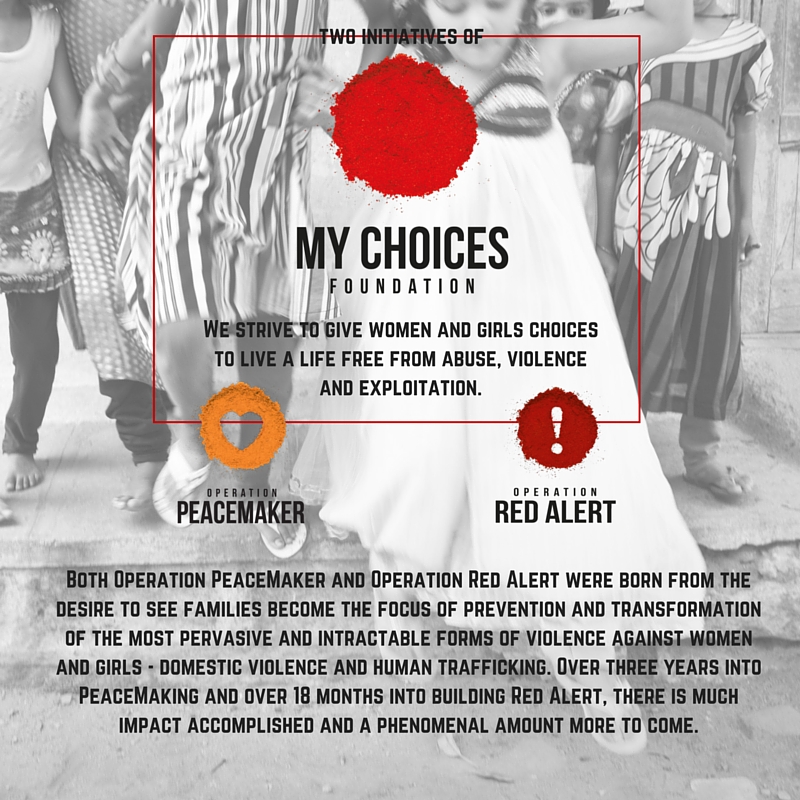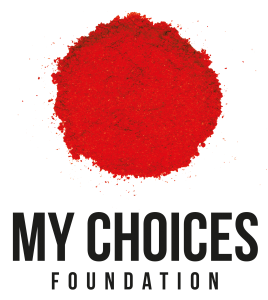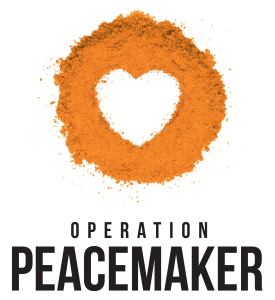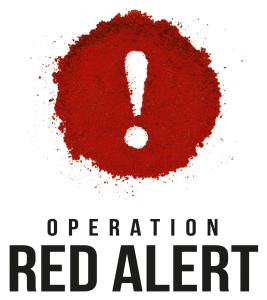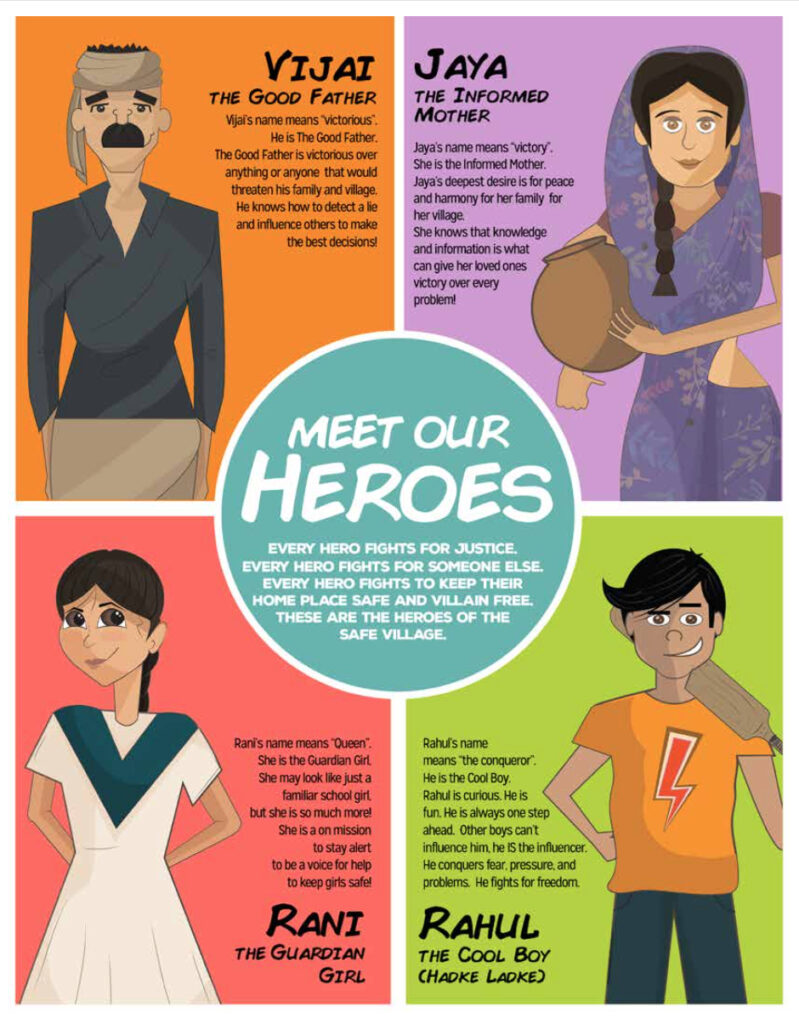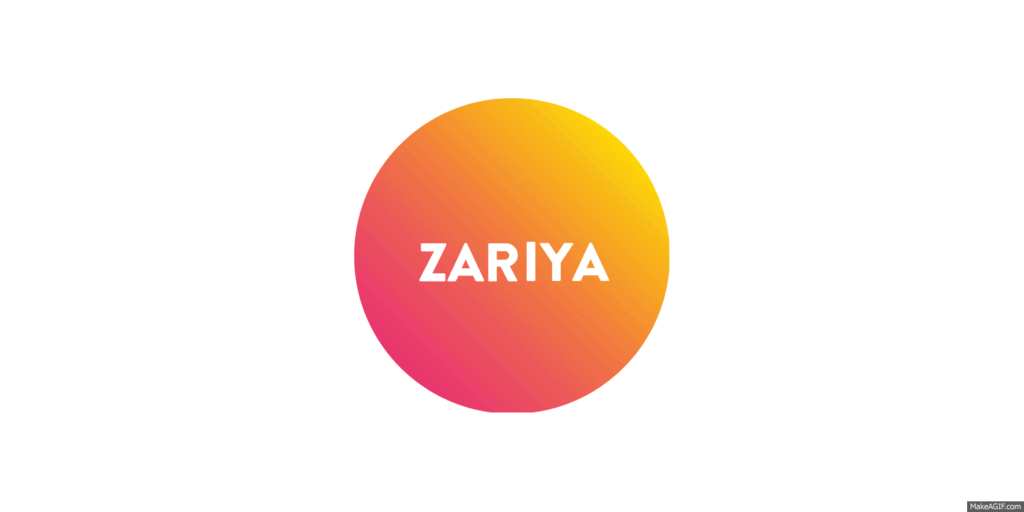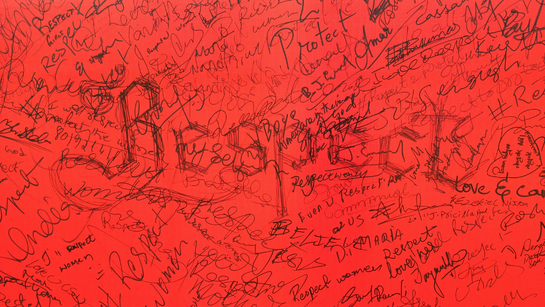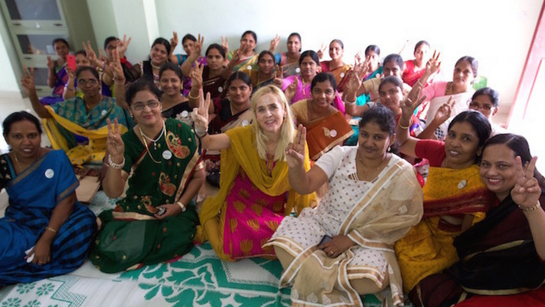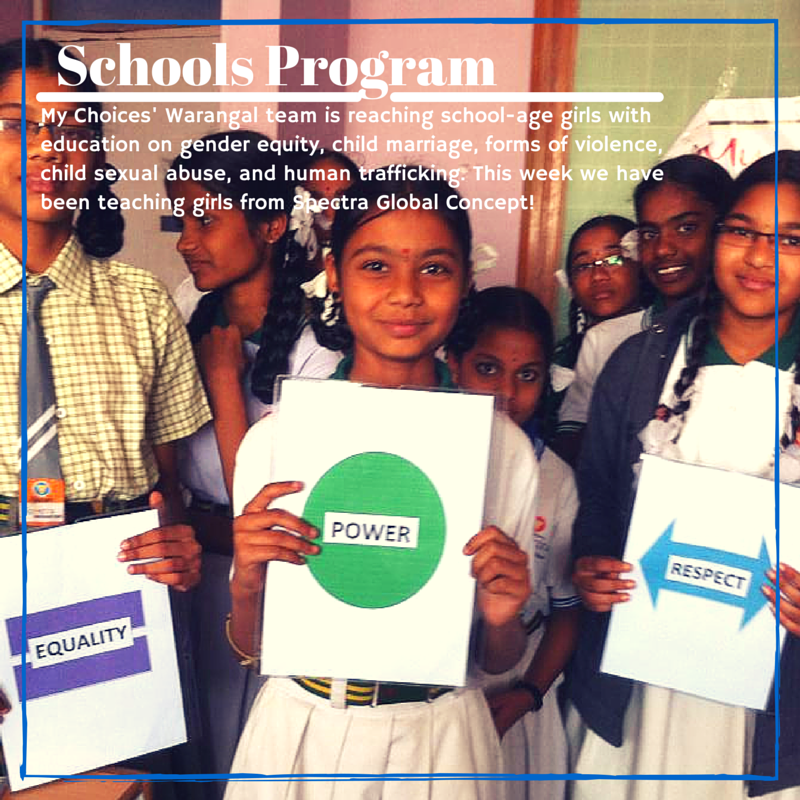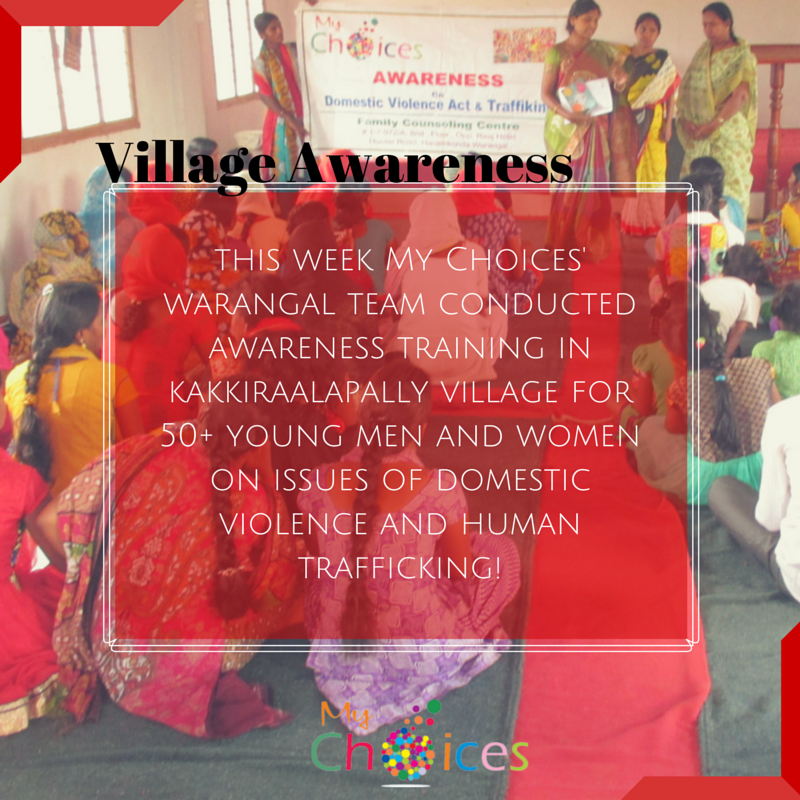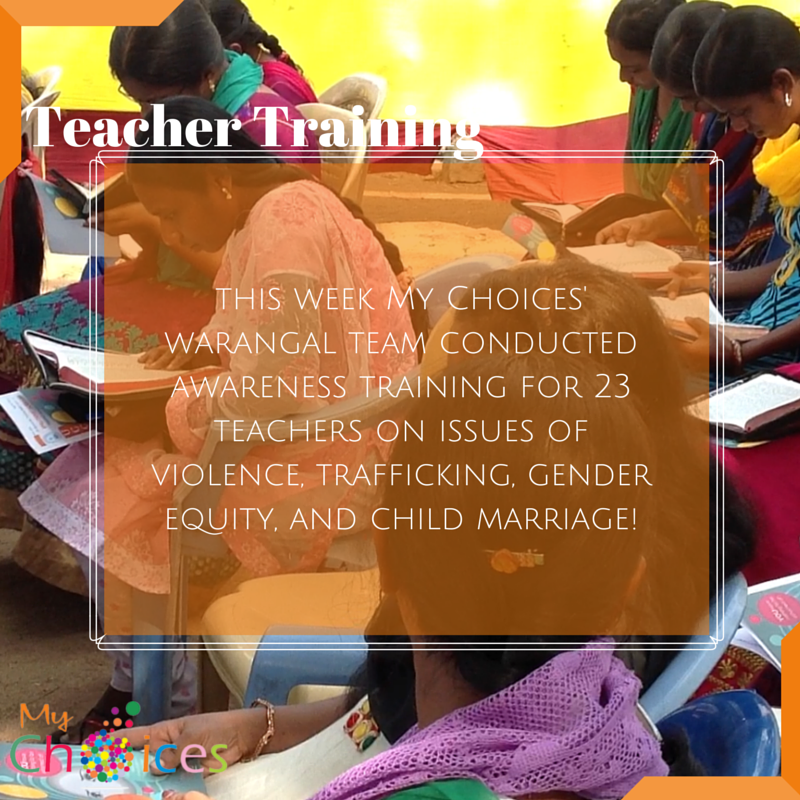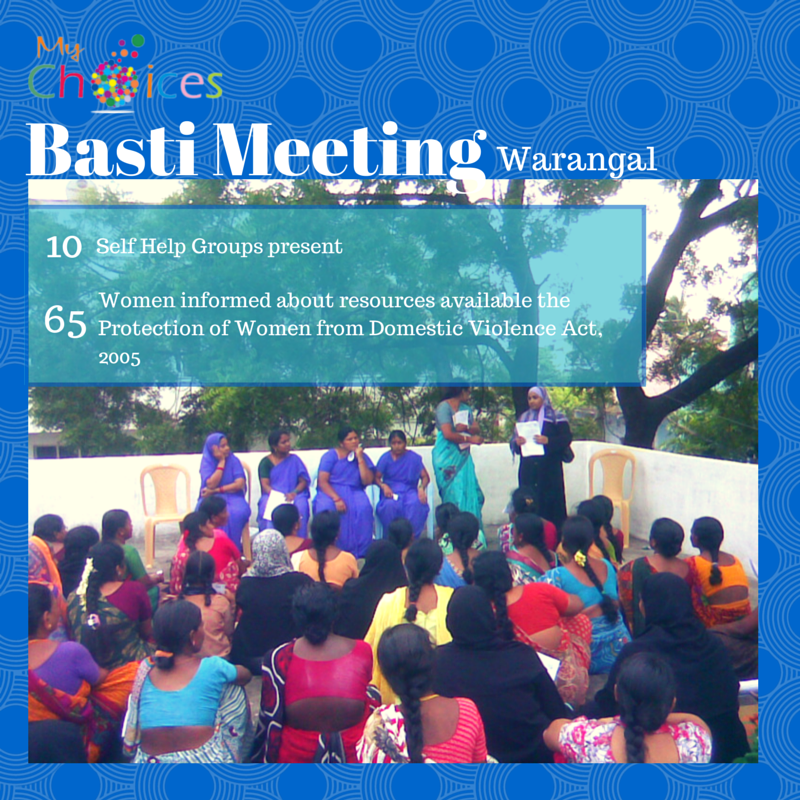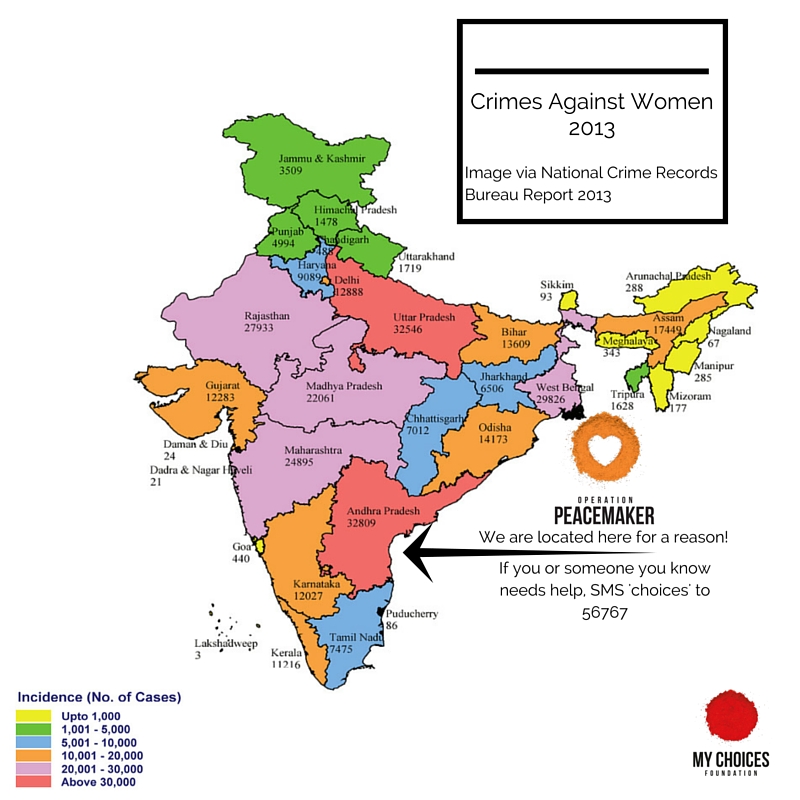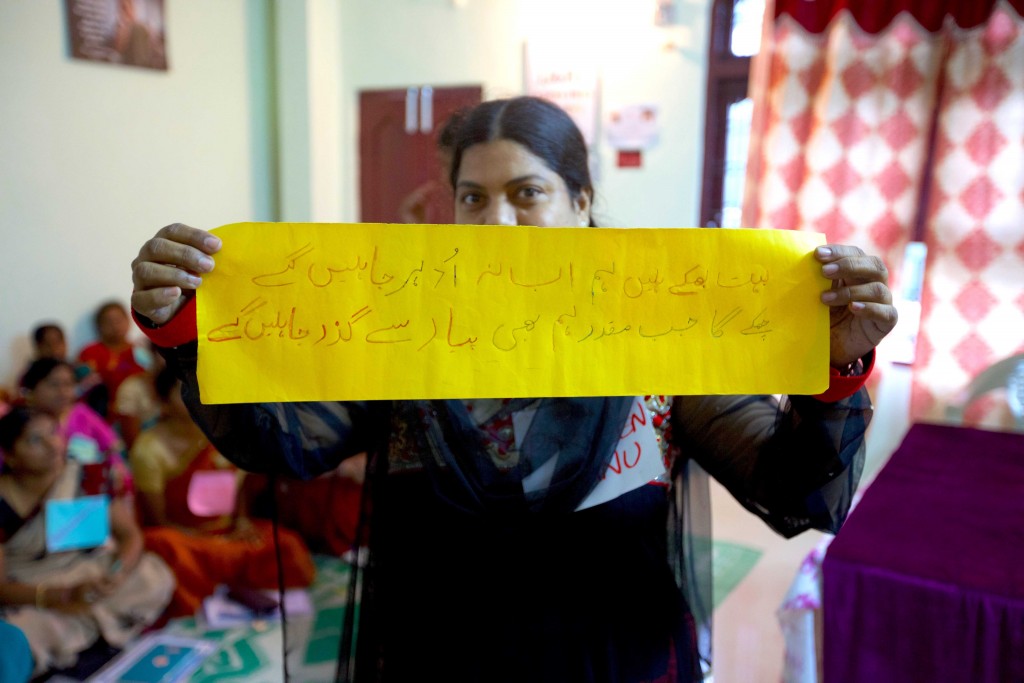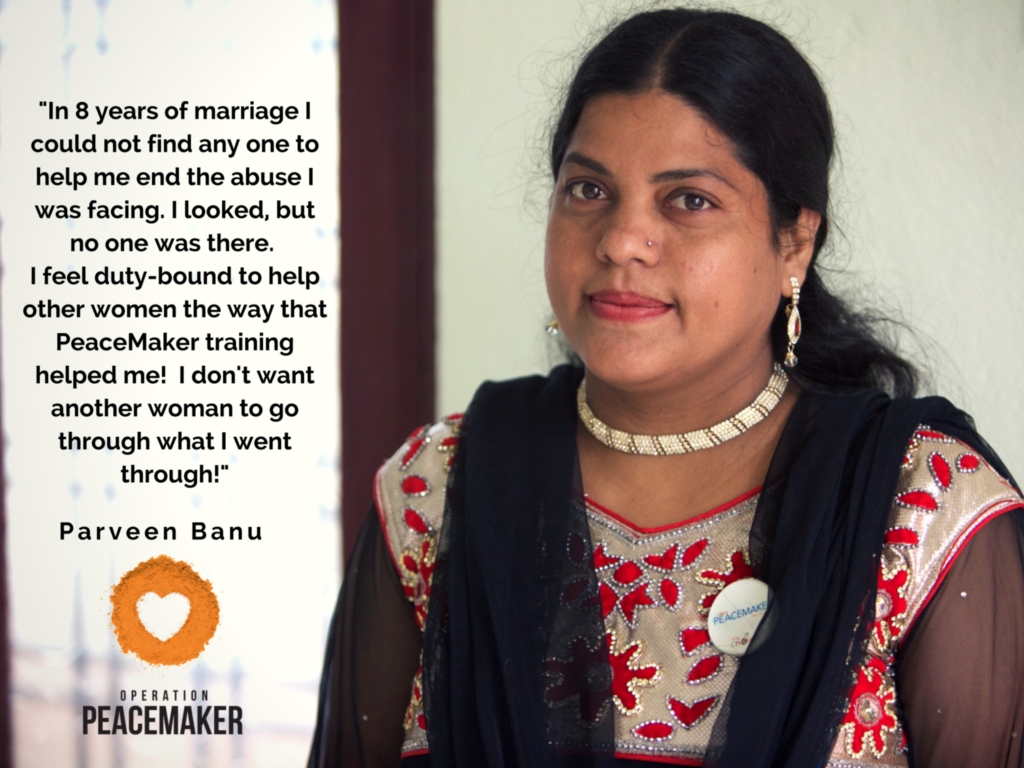- CATEGORY: OPERATION PEACEMAKER
Launch of the Shakti Program
Shakti is a long term monitorship program for girls aimed at equipping them to make choices to secure their safety the the potential of their futures. Shakti launched in 2016 with the goal of reaching 200 girls in 2016.
Operation PeaceMaker started the Shakti program in three areas of Hyderabad to empower our city’s most marginalised girls to make informed decisions about their safety and futures. Shakti is designed to intervene in and mentor young girl’s lives so that they are shaped by knowledge of their worth, strength and purpose, and not the discrimination they face. We plan to impact 100-150 girls through our Shakti circles in 2016.
Adolescent girls are the most vulnerable group in our society. India has been labeled the most dangerous place on earth to be born a girl because of the neglect and discrimination they face throughout their life. There are a multitude of barriers to their personal and professional happiness and life opportunities such as lack of education, gender discrimination, early marriage, domestic violence and sexual abuse to name a few. Simply put, they do not have equal opportunity to access their own human rights.
One of the biggest challenges that adolescent girls face in India is early marriage. In India, 47% of girls are married before the age of 18, and 22% of women between the ages of 22-24 years old have had a child before the age of 18. Girls who get married early are most likely to drop out of school, face domestic violence, and have high risk pregnancies. Early marriage also leaves girls unprepared for child rearing, and helps perpetuate a cycle of vulnerability for future generations. **
Girls face some of the most consistent and severe discrimination in the world, in part because they are voiceless. They often lack any ability for self-determination and agency in their own lives. Girl’s self esteem around the world is a topic of concern. We can only imagine how much worse the predicament is in India where girls are the victim of such systemic discrimination. Many girls are even given names like “unwanted” or “curse”. They don’t get to make their own choices, and they don’t have access to information that might empower them.
We at My Choices Foundation firmly believe that if given the chance, girls will not only change their lives, but also the lives of those around them. Education is the first step towards their freedom because educated and empowered girls are more likely to protect themselves and those around them. Every girl deserves to be raised as a human being and not be subjected to sex selective discrimination. Every girl deserves to be educated and empowered to be able to make her own choices.
The Aagnan Trust, who designed the Shakti program, hold children’s safety as their utmost priority. They work in some of the most difficult areas to support and empower children, families, communities and government authorities to recognize the risks for violence, abuse, exploitation, neglect and exclusion from services that children face and to know how to prevent them. Shakti is a special program just for vulnerable girls that focusses on empowering them to overcome their circumstances to live safe, productive lives.
Fouzia, an Anganwadi teacher in the Falaknuma area of Hyderabad where one of our Shakti circles is being run says, “Girls here do not feel safe. Most of them are sexually abused, even by their fathers and brothers, and do not know what to do about it.”
Shakti has been implemented by Aagnan Trust in Mumbai with incredible results in the lives of nearly 30,000 girls over 5 years. It is in essence a long-term mentorship program for girls journeying through adolescence. They face harsh realities, and usually have no one to turn to that will help them problem solve. Shakti has a multifold approach in helping girls, where girls are: connected to a peer network; supported and empowered to recognise risk and develop strategies to resist pressures of child marriage, dangerous work, and being pulled out of school; provided access services; trained to negotiate for themselves; supported to articulate aspirations and take steps towards achieving their live goals. The peer network that provides the girls a safe space to talk about their lives is the foundation of the Shakti program. It is incredible to see the girls giving and deriving strength from each other!
When girls’ access to education is limited, they remain ignorant about the possibility of a life free of violence, abuse, and disparities. With the help provided by the Shakti program, girls can acquire knowledge about their rights, establish connections with helpers within their own communities who aid them in exercising their rights, and together find solutions to their problems. We can train and equip the girls to improve their living conditions by seeking help within the community. Shakti helps them live safer, dignified lives.
Through Shakti, My Choices Foundation addresses these diverse needs of the adolescent girls by educating them and their families. The support available through Shakti Circles for young girls, with education on self development enables them to take control of their lives. Parents of Shakti girls likewise benefit from awareness about the various government support programs and schemes that relieve the burden on parents trying to make their daughters bright futures possible.
“The girls coming for Shakti are completely aware of all the dangers surrounding them. They know about trafficking, they know about the frustrations of getting married young, about sexual abuse, about being harassed by men. What they want from us is the tools and the skills to tackle these perils. They want to know how to be assertive, how to refuse, how to stand up for themselves and the other girls around them.
My vision for these girls is that they are able to do all this and make informed decisions about their lives by the time they graduate from the Shakti program.”
**Girls younger than 15 are five times more likely to die in childbirth than women in their 20s, and a woman in India is 100 times more likely to die of childbirth causes than a woman elsewhere in the world where it is still the leading cause of death globally. Infants born to mothers under the age of 18 are 60% more likely to die in their first year than to mothers over the age of 19. Girls married before 18 are twice as likely to face domestic violence. These girls have no decision making powers and control over resources or even their own bodies.
